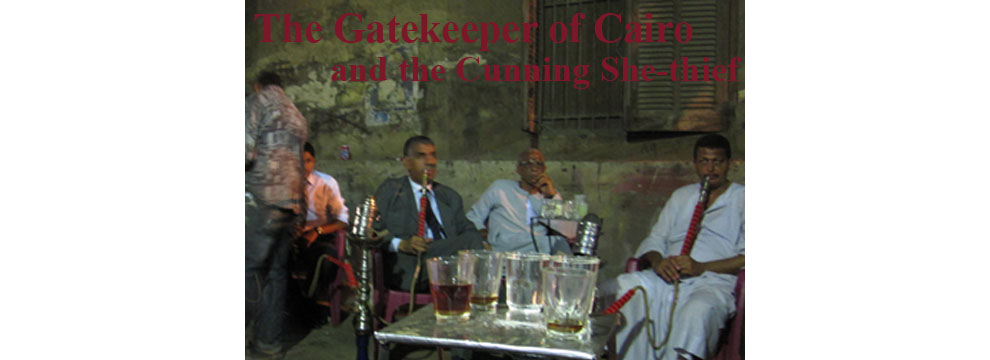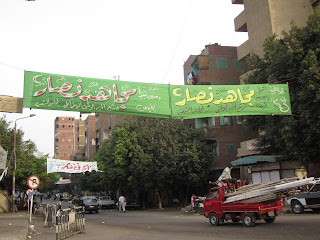Tunisian dictator, Zine el-Abidine Ben Ali, fled Tunisia earlier this month after a series of violent riots throughout the country evolved into anti-government protests. The two questions on everybody’s minds are: What type of government will come to power in Tunisia? And does Tunisia serve as a model for other Arab authoritarian regimes, such as Egypt?
As someone unfamiliar with the political situation in Tunisia, I can comment very little on the future Tunisian regime; however, I disagree with Michael Koplow's article, Tunisia's Revolution Is Islamist-Free, which suggests 1) that Tunisia's Islamist movement is weak and 2) that this fact distinguishes Tunisia from its other Arab neighbors. Although Tunisian society has been described by many as more liberal than, for example, Egyptian society, Koplow makes a number of statements in his article that are misleading about the political situation both in Tunisia and in the other Arab countries. First, Tunisia is not the only Arab country with an opposition consisting of "secular intellectuals, lawyers, and trade unionists." Although the Muslim Brotherhood is the most visible opposition group in Egypt, there is also a bloc of secular Egyptian activists active in the political sphere, exemplified most recently by Mohammed ElBaradei and his supporters.
Second, the statement that "the Tunisian government is rooted in secular Arab nationalist ideology and has long taken its secularism and its nationalism more seriously than its neighbors" ignores the long history of secular Arab nationalist ideology that that initially spread in the region at the hands of the Egyptian, Gamal Abdul Nasser, and fails to explain what actions qualify as 'taking Arab nationalism seriously'. Throughout modern Middle Eastern history, different Arab leaders have raised the banner of Arab nationalism to realize their specific political goals. Is 'seriousness' then measured by the degree of repression? If so, then wouldn't the Syrian regime's actions in Hama in 1982 show an unwavering dedication to a secular nationalist agenda?
Further, Koplow's statement that "the absence of a strong Islamist presence is the result of an aggressive attempt by successive Tunisian regimes, dating back over a half-century, to eliminate Islamists from public life" is predicated on the false assumption that Islamists in exile do not matter. This, as we have seen over the last two weeks, is clearly untrue. Since the overthrow of Ben Ali, many Islamists have returned to Tunisia and rapidly established the credibility of Rachid Ghannouchi's Islamist party. Additionally, this view supports those who believe the only way to deal with Islamists is through coercion. However, it has become evident over the last few years that beating Islamists away with a stick is an easy way to ensure their future credibility as the primary opposition group should the regime ever falter or, heaven forbid, fall. Consequently, the Tunisian Islamist party is a real player in the changing political arena in Tunisia and the United States and other countries should engage the party in political talks accordingly.
Regarding how the situation in Tunisia differs from other Arab countries, the most important factors appear to be population size, level of education and economic development and last, but certainly not least, the relationship between the regime and the military (see here for more on the role of the military), rather than the size and domestic presence of the Islamist movement. For example, while Tunisia's military is no longer reliant on the patronage networks of the regime for its institutional identity and survival, the military in Egypt remains strongly tied to Mubarak's regime and its political agenda. This could change if Gamal Mubarak succeeds his father in the coming years, especially if businessmen begin to possess a heavier hand in Egyptian politics. While that is some time off in the future for Egypt, the role of the Tunisian military over the next few months is an important and uncertain element of Tunisia's political transition. The military's actions over the coming period of political bargaining will be significant in shaping the future Tunisian regime (whatever it may be...).
Links to other articles/reports on Tunisia:
Ben Ali may be gone but his constitution is not yet forgotten
No sign Egypt will take the Tunisian road
Youtube Video from Egyptian TV show discussing the unrest in Tunisia (in Arabic)
Tunisia: banned political parties are recognized, political prisoners are released (in Arabic)







